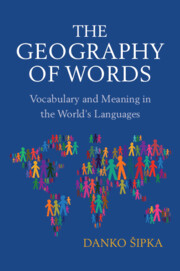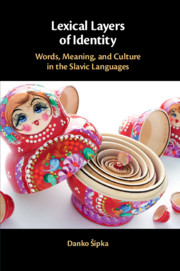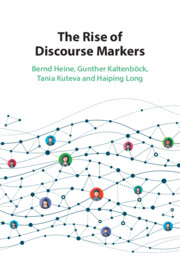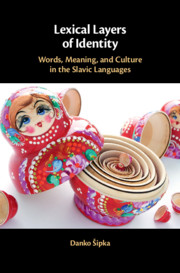The Geography of Words
Languages around the world organize their lexicons, or vocabularies, in a myriad of different ways. This book is a celebration of global linguistic diversity, bringing together fascinating cases from a wide range of languages to explore how and why this lexical variation occurs. Each of the thirty-six short chapters shows how different culturally-specific words, relating to a range of phenomena such as kinship, colour, space, time, objects, smells, and animals, vary across languages and geographical locations. It also explains the mechanisms of development in vocabularies, showing why this variation occurs, and how languages and cultures interact, to deepen the reader's understanding of one of the most important aspects of linguistics. Assuming little to no prior knowledge of linguistics, and introducing concepts in an accessible way, this book is an entertaining, informative read for anyone who wants to learn more about the incredible variation and diversity of the human lexicon.
- Provides examples of global cultural diversity in the lexicon
- Explains and exemplifies the mechanisms of development in the vocabularies of various languages
- Shows how languages and cultures interact
Reviews & endorsements
'… an engaging travelogue of words and cultural practices … Recommended.' E. L. Battistella, Choice
'… Sipka adopts a playful tone and sprinkles the text with puns, wry comments, and humorous illustrations … [He] has achieved his goal and more: a book for both general readers and linguistics instructors.' Donald R. Riccomini, Society for Technical Communication
Product details
No date availablePaperback
9781108795012
272 pages
228 × 154 × 15 mm
0.4kg
Table of Contents
- Introduction
- Part I. How Words are Studied: A. What is a word?
- B. The internal affairs of words
- C. The external affairs of words
- Part II. How Words are Carved Out:
- 1. 1 =2, 5, 6 or 7
- 2. Beer eyes and wine-dark sea
- 3. Second cousins twice removed
- 4. I have three sons and a child
- 5. Concepts on the chopping block
- 6. Unripe bananas and ripe tomatoes
- 7. Mums and clocks mean death
- 8. The past is in front of us and the future is behind our back
- 9. Far and wide, here and there
- 10. Bottles with throats
- 11. Setting the TV on fire and extinguishing it
- Part III. How Things are Done with Words
- 12. Traduttore, traditore!
- 13. May you suffer and remember
- 14. I screw your 300 Gods
- 15. Either he is crazy or his feet stink
- 16. Shoo and scat
- 17. A dog and pony show
- 18. Blah-blah-blah, yada-yada-yada
- 19. Acts of darkness
- 20. This for that
- 21. Me Tarzan, you Jane
- 22. How many languages do you speak?
- 23. Harmful and shitty people
- Part IV. How Words are Born:
- 24. Cars with tails and leadfooted drivers
- 25. Monkey, dog, worm, snail, i.e. 'Crazy A'
- 26. Rovers and ski-rolls
- 27. Extra crispy soccer players
- 28. Chinglish and Eurenglish
- 29. Comrade, Sir
- 30. Beer and whiskey mighty risky
- 31. SOFs and SOWs
- Part V. Where Words Live:
- 32. Old-lady torturers, horse killers, and bad mornings
- 33. A fleeing bus
- 34. I wish that you enjoy in what you have deserved!
- 35. Happy hunting ground
- 36. A language is a dialect with an army and navy
- Part VI. A Word After: Part VII. Words about Words.








